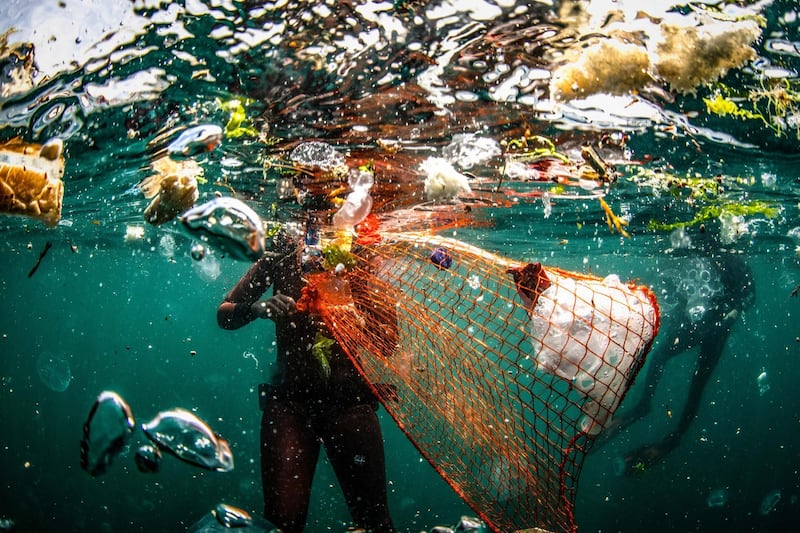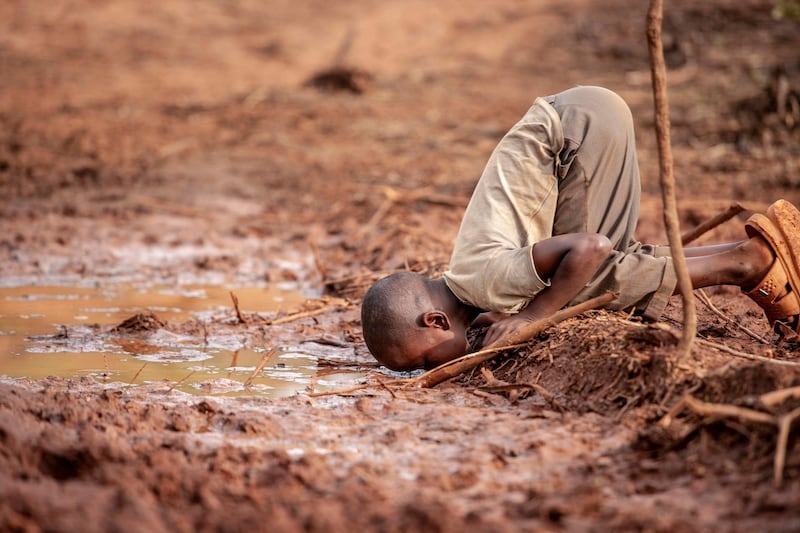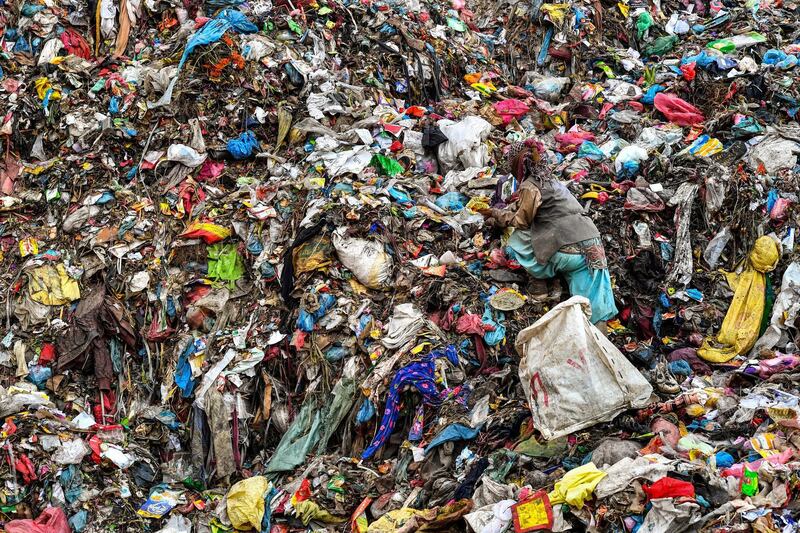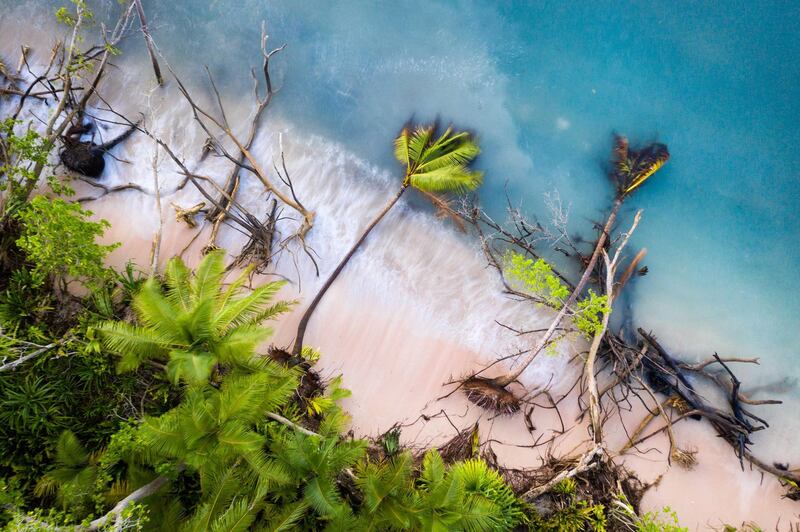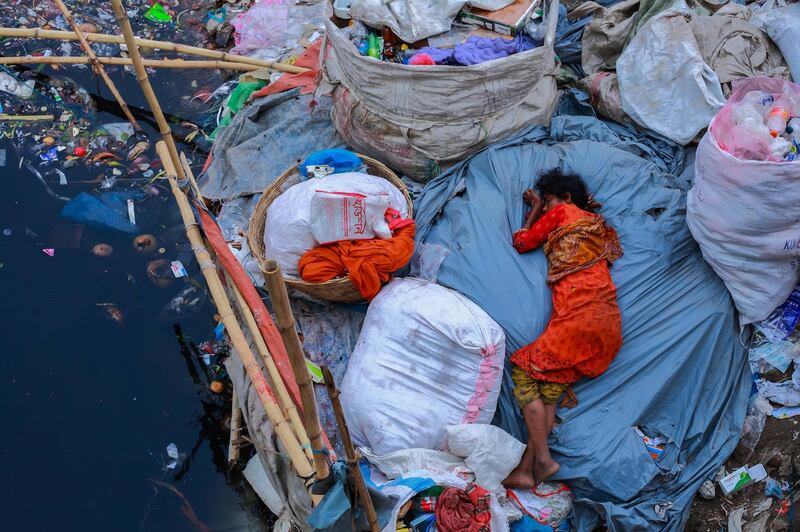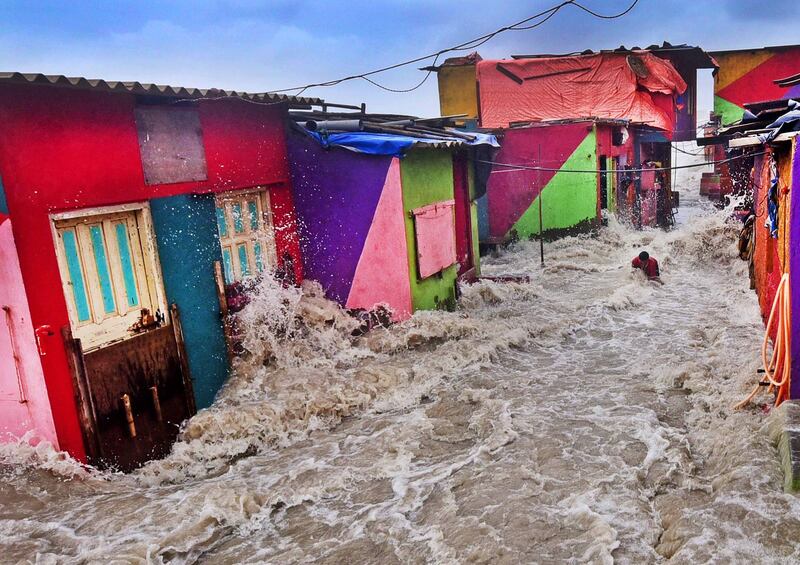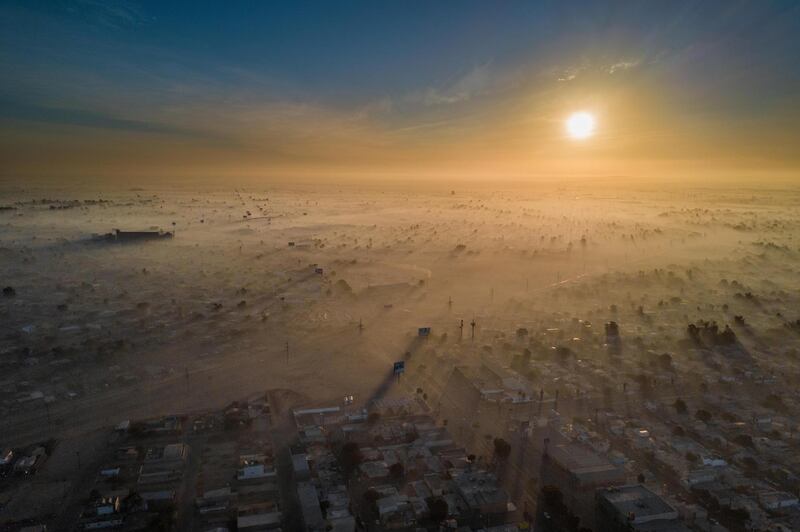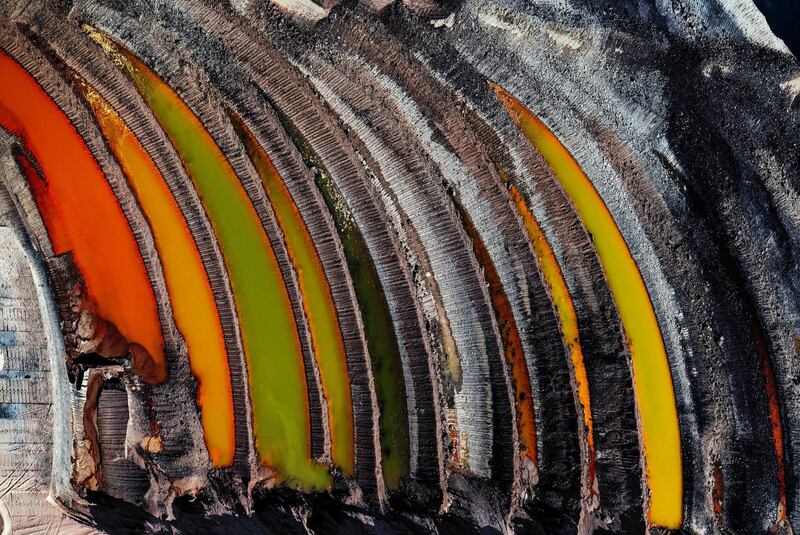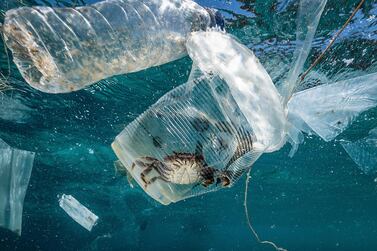Today is the 50th anniversary of Earth Day. Unfortunately, there is little to celebrate as the world undergoes an unprecedented crisis.
In the run-up to this Earth Day, we find that we may not have done enough as global citizens to celebrate.
We have polluted oceans, destroyed forests, depleted wetlands, suffocated our blue planet with polluted air, introduced more invasive species, overconsumed natural resources and, most importantly, have not done enough to change our behaviour.
As we have impoverished Mother Earth to a great extent, there is little to celebrate and much more to commiserate.
We continue to impoverish our planet and steal the future of our children and many generations to come.
If we continue business as usual, we will see more droughts, heatwaves, land degradation and wildfires, like the ones that happened recently in Australia.
On the 50th anniversary of #EarthDay, we must all come together in action for our #environment & support the 2020 theme of #climateaction. No matter where you are, you can contribute to climate action & encourage your friends by tagging them. pic.twitter.com/MY1PI5T1Tr
— MoCCAE (@MoCCaEUAE) April 20, 2020
A World Weather Attribution study shows that the likelihood of fires like those in Australia could increase by 30 per cent due to climate change.
The increasing intensity and abruptness of floods, ocean acidification and drought would disrupt ecosystems and result in more frequent freak weather and climate patterns.
Some areas would get cooler, and others warmer. If predictions from climate modelling are to be believed, much of the Arctic Ocean will be free of ice by the middle of the century.
The US National Oceanic and Atmospheric Administration’s climate data centre showed that 2014 was the hottest year on record across the globe since 1880. However, the following five years have been even warmer.
WATCH Greta Thunberg's speech to Davos in full: 'Our house is still on fire'
We are witnessing one of the biggest challenges of our times in the form of Covid-19, but in the context of climate change, it brings temporary reprieve.
The air is cleaner, the water is clearer and less polluted, and animals and birds are exploring new areas of which they were previously – albeit temporarily – deprived.
Our own data at the Environment Agency of Abu Dhabi shows a 50 per cent decline in nitrogen oxide levels as a result of measures taken in response to the pandemic.
The whole climate debate is split between those who believe in climate change and those who categorically deny it.
If the 2°F rise in global surface temperature in the past century, increasing droughts, frequency and increased intensity of hurricanes and heightened melting of glaciers are not enough to convince doubters, then we need greater introspection.
Conscious of this fact and the implications of climate change on humanity, in 1988 an Intergovernmental Panel on Climate Change was established by the United Nations Environment Programme. Today, it has 195 countries agreeing to work towards credible climate science. But is it not credible enough to prove that climate change is happening before our eyes?
Leaving global politics aside, we continue to make progress. Our third greenhouse gas inventory for Abu Dhabi addresses direct and indirect emissions, updates figures and estimates future emissions to 2030.
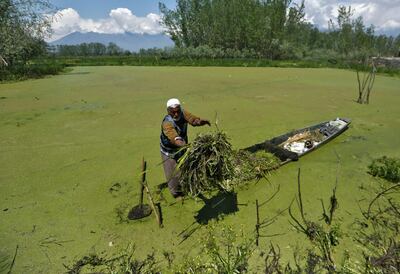
The report revealed that the year-on-year increase in emissions has been in line with growing demand for water and energy, coinciding with population growth and economic development.
Our mitigation measures continued growth consistent with the government’s aspirations to provide a better environment and better health for all.
As we observe the 50th anniversary of #EarthDay, we reaffirm our commitment to using our unique perspective from space to help protect and improve life around the world: https://t.co/7BxZcK1oNN#EarthDayAtHome pic.twitter.com/yLIGNtdmwp
— NASA (@NASA) April 20, 2020
Appropriate mitigation measures can achieve a 50 per cent reduction in carbon dioxide emissions per capita by 2030. We also envisage an overall 37 per cent expected reduction in greenhouse gas emissions in the energy sector.
These figures appear ambitious. However, we are fully committed to achieving them, especially by integrating the targets into our five-year strategy for 2021-2025.
We are making steady progress to contribute to the UAE’s ‘nationally determined contributions’ as part of the Paris Agreement.

Some of the major initiatives to combat climate change include the Urban Infrastructure Framework Plan 2030 for the city of Abu Dhabi; the development of a railway network; and increasing the amount of clean energy in the total energy mix to 24 per cent by 2021.
Unfortunately, these efforts alone would not be enough. We need more champions for climate change from all strata of society and beyond our borders.
We need to change our behaviour and our resource-consumption patterns. We also need to take stock of our carbon footprints to lessen our burden on the planet.
READ The UAE's making sure there is enough food at the table – and that it isn't wasted
The 24 hours of Earth Day 2020 make a powerful statement, but the work of protecting the environment needs more than just one day of our time to truly make a difference.
It also requires much greater commitment from nations and leaderships.Our actions must be sustained. This requires generations to come together and decades of action and new ideas.
We need a manifold increase in expenditure on climate change adaptation measures, rather than focusing spending on disaster relief and management in the aftermath.
We may now think we are doing our best, but it is still not good enough for the earth. Covid-19 has shown our vulnerabilities and may force us to take environmental issues more seriously.
Failing to understand and address climate change will make us more vulnerable still. It is time to be prepared and to foresee and invest in understanding disruptive forces, whether they are infectious diseases or climate change.
Only then would we have served humanity well and done our bit for the planet. Only then can we truly celebrate Earth Day.
Dr Shaikha Salem Al Dhaheri is secretary-general of Environment Agency – Abu Dhabi
